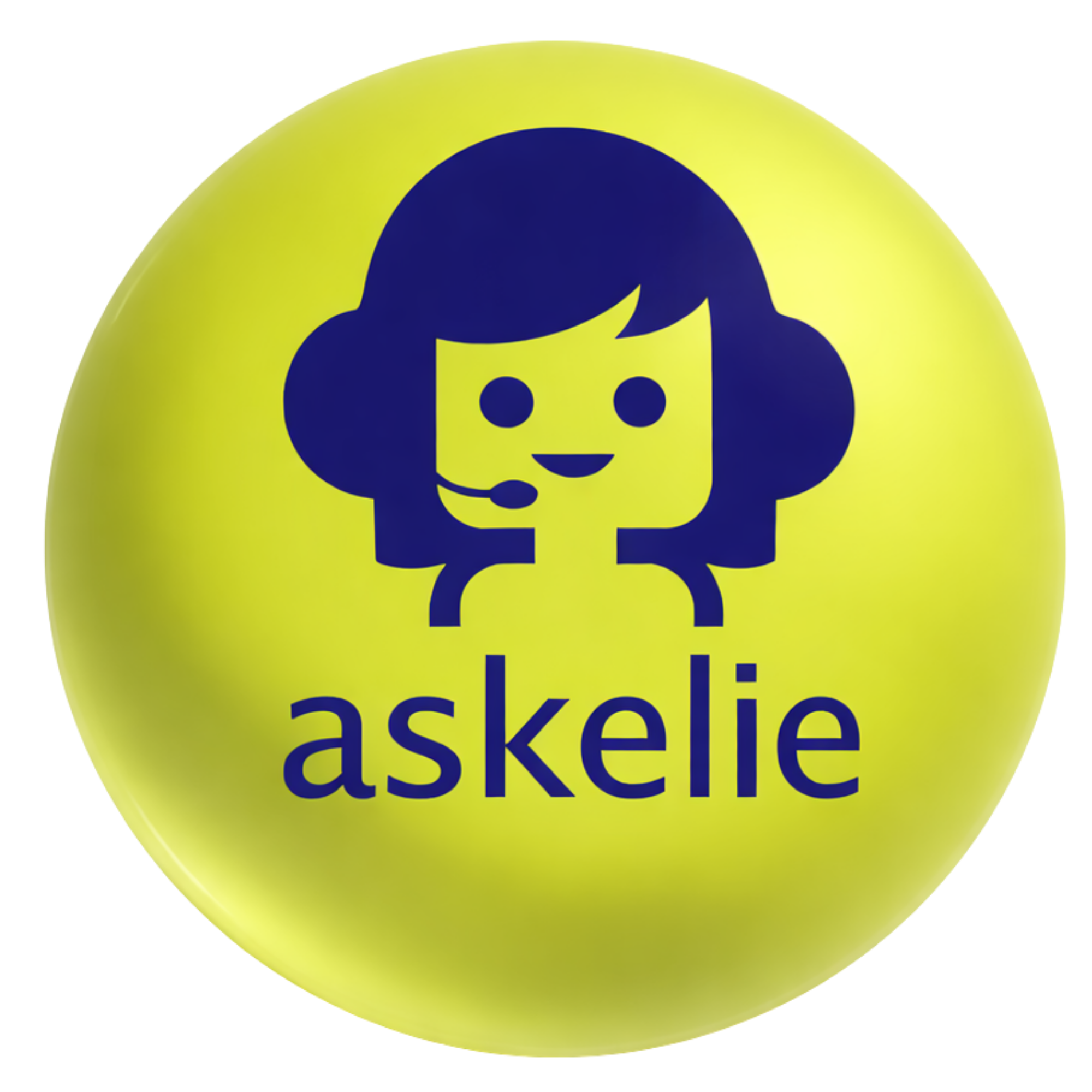Ethical AI Principles: Ensuring Fairness, Preventing Bias, and Promoting Transparency
Ethical AI Principles: Ensuring Fairness, Preventing Bias, and Promoting Transparency
Artificial intelligence is now woven into almost every part of modern life. It speeds up decisions, reduces manual work and makes services more efficient. Yet the more AI shapes our daily world, the more important it becomes to make sure these systems behave responsibly. Ethical AI principles give organisations the guardrails they need to protect people while still gaining the benefits of automation. They help teams build AI that is fair, transparent and accountable, and they give the public confidence that these technologies are being used in a trustworthy way.
Ethical AI principles are not just for large corporations or government bodies. They matter for any organisation that uses AI to support customers, staff or communities. When systems are not designed with care, they can produce biased outcomes, make mistakes harder to explain or reduce trust at key moments. When designed well, AI becomes a supportive tool that enhances services instead of creating new risks.This article explores what ethical AI principles look like in practice and how they help ensure fairness, prevent bias and build transparency. It also gives practical steps for applying these principles in a real organisational setting.
Ethical AI Principles for Fairness
Fairness is one of the most recognised ethical AI principles. It means building systems that treat people equitably and avoid creating harmful or discriminatory patterns. Without fairness at the core, AI can easily reflect or amplify existing inequalities found in training data.
A fair AI system considers the people affected by its decisions. It checks whether certain groups experience worse outcomes and whether the training data reflects a balanced picture. Fairness becomes especially important in areas like recruitment, housing, lending, social services, education and healthcare. These are environments where decisions carry real weight for people’s lives.
To put fairness into practice, organisations can focus on three core foundations. First they keep training data as balanced as possible, using wide and varied sources. Second they run fairness tests during development and at regular intervals after launch. Third they involve a diverse group of voices when designing and validating the system. Together these steps reduce blind spots and make it easier to build AI that supports everyone fairly.
Ethical AI Principles for Bias Protection
Bias can appear in an AI system even when nobody intends it. It can come from incomplete data, human assumptions, historic inequalities or patterns that the model learns incorrectly. Ethical AI principles help teams stay ahead of these issues and build systems that do not unfairly favour or disadvantage particular groups.Bias prevention is not a one off task. It is a continuing part of responsible AI management.
Organisations that use AI in important processes should regularly examine model behaviour and look for patterns that do not seem logical or fair. They should document how the model was trained, where the data came from and what steps were taken to remove unintended skew.To support this, many teams run model audits.
These audits check how the AI behaves with different inputs and different user types. They help identify edge cases or scenarios where the system might misinterpret information. Ethical AI principles encourage organisations to treat this as normal good practice instead of waiting for issues to appear after launch.
For many teams, creating a clear and practical AI usage policy can strengthen these efforts. Your organisation can see an example of this approach here
Transparency in Ethical AI
Transparency allows people to understand how an AI system arrives at a decision. It helps users and stakeholders feel more confident because they can follow the reasoning behind the outcomes. When transparency is missing, people may distrust the system even if the technical model is well built.
Ethical AI principles encourage organisations to provide plain language explanations wherever possible. This might include describing what the system is designed to do, what data it uses and how results are generated. It also includes being open about limitations. Every AI model has boundaries and it helps to state these clearly.
Transparency becomes especially important in public services, education, financial decisions and any environment where decisions need to be justified. Providing clear information helps reduce confusion and creates a stronger relationship between the organisation and the people it serves.
For a wider look at how transparent and private AI can support public sector goals, see:
For those who want deeper technical guidance, the Alan Turing Institute provides responsible AI resources that complement these ethical AI principles.
Ethical AI Principles in Practice
Ethical AI principles only make a difference when they are applied in real workflows. That means setting up methods, checks and habits that guide how AI is handled across the organisation. These methods do not need to be complicated. Simple, consistent steps can make AI safer and more reliable for everyone.
One practical step is building an internal checklist for any new AI project. This checklist can include fairness tests, bias reviews, transparency requirements, data protection checks, security assessments and user experience considerations. Every team working with AI can follow the same checklist so that responsible behaviour becomes part of the standard process.
Another step is documenting decisions. AI development often involves trade offs. Documenting why a model was trained in a particular way or why some data sources were excluded helps future teams understand the reasoning behind the system. It also helps show accountability if questions arise later.
Organisations can also set up a simple monitoring structure. This means checking the system on a regular cycle to see how it is performing and whether any new issues are emerging. AI systems change over time, especially if they learn from new data. Regular monitoring keeps them aligned with ethical expectations.
Why Ethical AI Principles Matter for Organisations
Ethical AI principles are not just good practice. They bring clear advantages. When organisations build AI responsibly, they gain trust from customers and stakeholders. This trust supports better engagement, stronger adoption and fewer disputes. Ethical approaches also reduce the risk of regulatory problems, especially as AI becomes more closely governed in the UK and internationally.
There is also a practical benefit. AI built on strong principles tends to perform better because it avoids common sources of error and bias. Systems that are fair, transparent and accountable are easier to maintain, easier to improve and easier to defend when challenged.
Ethical AI principles also support long term thinking. They encourage organisations to build AI that will still be reliable years from now, not just during the initial launch. They guide teams to think about the impact on people and the wider community, which is increasingly important as AI becomes part of core national infrastructure.
Conclusion
Ethical AI principles help organisations build technology that supports people fairly, transparently and responsibly. They ensure that AI strengthens services rather than creating new risks. By following these principles, organisations can deliver better outcomes, maintain trust and use AI with confidence.
If you would like these principles applied in your organisation or want help reviewing current AI processes, just let me know and I can put together a tailored version for askelie®.


